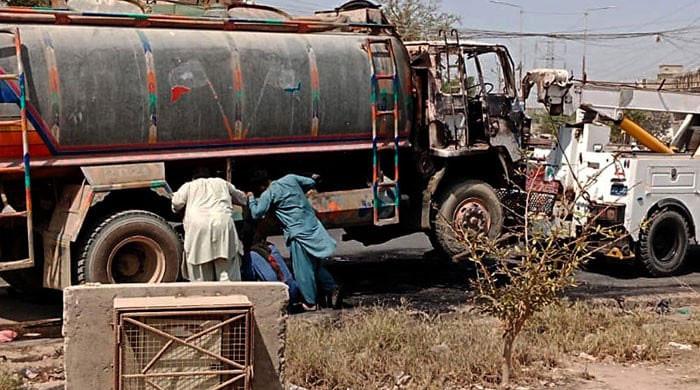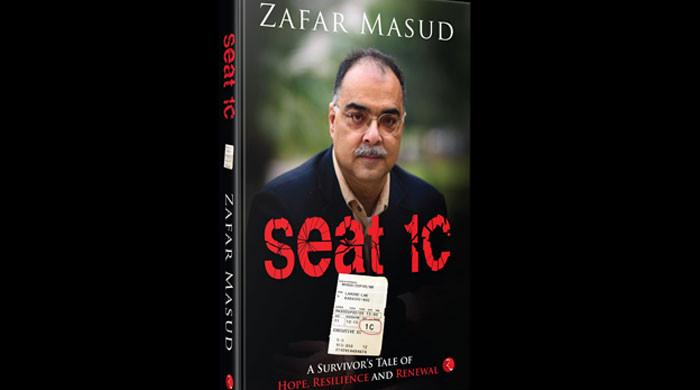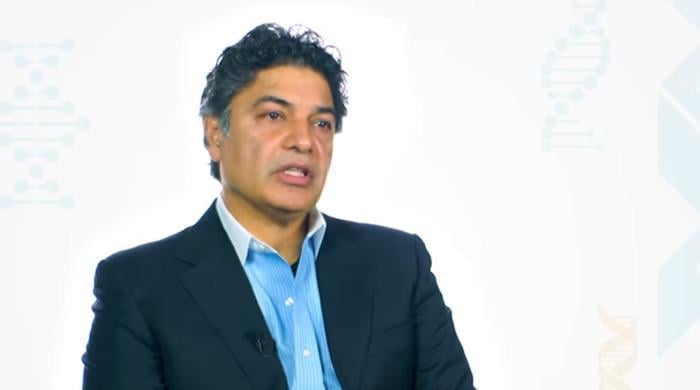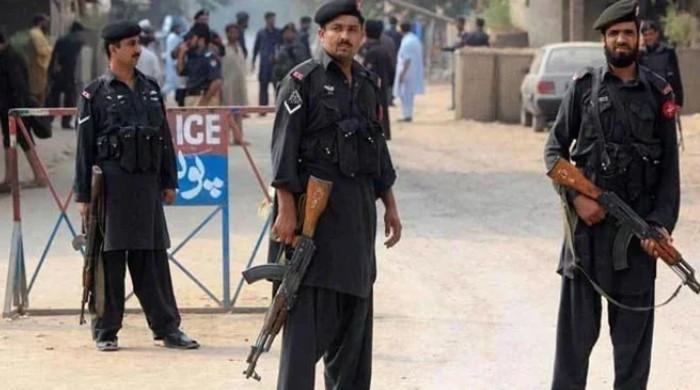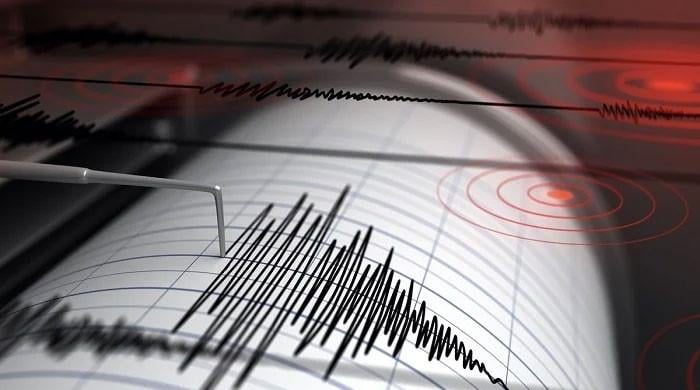Shireen Mazari wants UN to probe extrajudicial killings of 11 Pakistani Hindus in Jodhpur
Mazari appeals to UN to help ensure that dead bodies of murdered Pakistanis should be returned
December 21, 2020
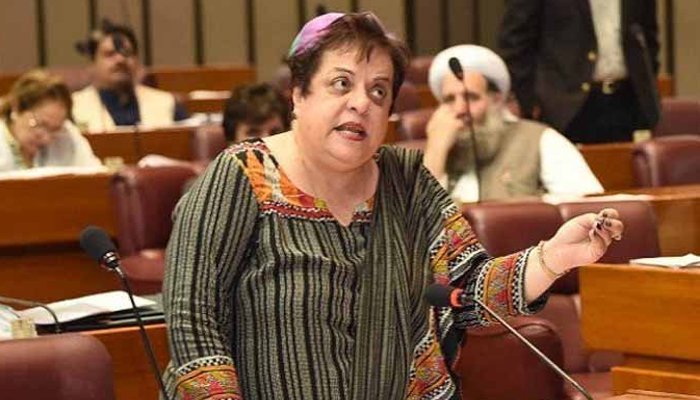
- Shireen Mazari says UN investigators should be allowed into India
- Mazari wrote the letter over the killing of 11 Pakistani Hindus in Jodhpur
- The Bhil community family had come to India from Sindh on long-term visa
ISLAMABAD: Federal Human Rights Minister Shireen Mazari has urged the United Nations to investigate the extrajudicial killings of 11 Pakistani Hindus.
“UN investigators should be allowed to enter India,” said Mazari in a letter written to the human rights chief of the UN. She also appealed to the UN to help ensure that the dead bodies of the murdered people should be returned to their families.
“India should be told to respect human rights,” Mazari asked the UN in the letter.
Earlier this year, at least 11 members of a Pakistani Hindu migrant family were found dead under mysterious circumstances at a farm in India’s Jodhpur district in Rajasthan.
Read more: Jodhpur killing has exposed India's citizenship act, says Ramesh Kumar
According to local authorities, a member of the family was found alive outside the hut he lived in Lodta village, more than 100 kilometres away from Jodhpur city.
"The surviving family member claimed to have no idea about the incident, which believed to have happened in the night," the superintendent of police, Rahul Barhat had said back in August.
"We are yet to ascertain the cause and means of death. They appeared to have committed suicide by consuming some chemical in the night," Barhat had said.
Indian media had reported that the family, belonging to the Bhil community, had come to India from Sindh, Pakistan, back in 2015 on a long-term visa. They had been living at the Lodta village farm, which they had hired for farming, for the past six months.
Read more: Islamabad registers 'serious concerns' with India over deaths of 11 Pakistani Hindus in Jodhpur
Police in its initial investigation had suggested at some dispute in the family. "Once we interrogate the survivor, we would be in a position to find out what had led to this incident," Barhat said.





